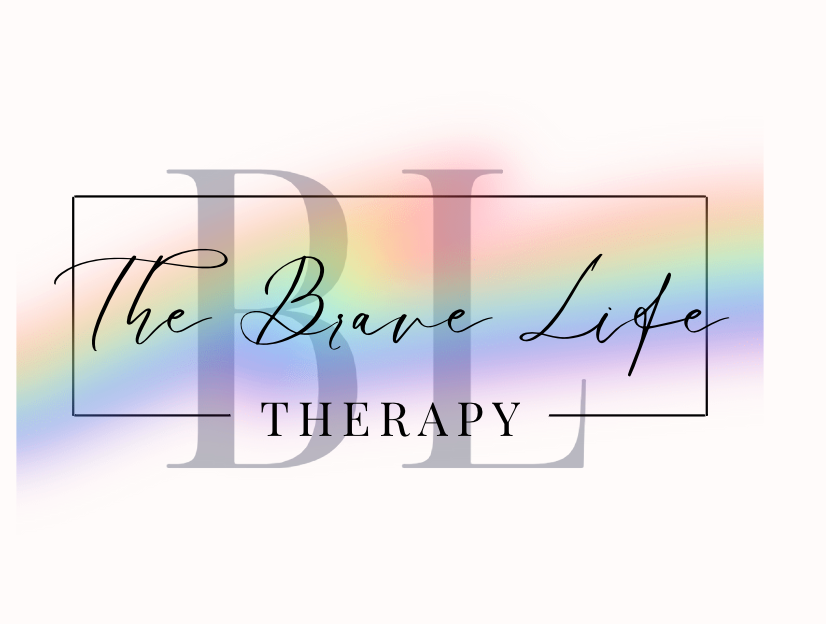How to find a therapist
Finding a therapist can feel challenging especially in the past two years because so many therapists are full. So, it can feel like a full-time job looking for a therapist let alone a good fit for you. It’s help to first determine what you want from therapy before you begin, but also knowing where to look can sometimes be a challenge.
The first step in choosing a therapist is knowing where to look. Here is a list of sources to help you get started.
1. Ask your primary care doctor for a referral
Most mental health difficulties cause physical symptoms in the body. It’s always a good idea to first have any physical symptoms you may be experiencing evaluated by a doctor to rule out any underlying medical condition (For example, migraines could be connected to a medical issue or could be anxiety producing or depression can cause difficulties with sleep but may also be related sleep apnea). Once medical conditions are ruled out or treated, your doctor can refer you to a mental health therapist.
Doctors have insights into other professionals in their community, plus if you’ve worked with this doctor for some time, they may know a therapist that would be a good fit for you. Even if you aren’t sure that a medical condition is the cause, you can still make an appointment with your doctor to discuss your concerns and ask for a recommendation to a therapist.
2. Ask trusted people you know
Many individuals come to a therapist because of word of mouth from people they already know. Check with friends, family members, or coworkers. Your friends may already be in therapy themselves so ask. Others you may already know are often a good resource to help connect you therapists in your area or know of resources to connect you with therapists.
Insights from people you respect and trust can be a helpful starting point. You’ll still want to do some exploring on your own but getting a starting point can be helpful. To be sure that a recommended therapist is right for you, request an initial consultation to meet them before beginning therapy.
3. Use an online therapist directory
An online directory can help you find a therapist in your area. After answering a few simple questions to help narrow your search, you have the option to search for a therapist by credentials or specialty, or you can let experts help you select a therapist. Some therapist offer free consultations, or have videos of themselves on social media to help you learn a bit more about their personality to see if they would be a good fit for you.
4. Use a university program or graduate student programs
If you live near a university with a graduate program in social work or counseling, you may be able to receive therapy from a supervised master’s student. Many local clinics or private practices also host graduate students. The Brave Life Therapy does! Once graduate students are in their internship program, they offer limited therapy as part of their education requirements. These students often offer low cost or pro-bono therapy. Check the colleges website to see what services they offer of if they can provide you with other referrals sources.
Graduate students are knowledgeable, offer quality mental health services, and are guided by a licensed clinical supervisor.
5. Check community centers
Community centers, libraries, clinics, and local nonprofits are often useful sources of local information. Most cities have local agencies like LGBTQ programs, teen group centers, or mental health clinics. Most will have a referral list located on their websites or community boards in their facility with business cards or therapist advertisements. You might find names of therapists in your area as well as their contact information. Check these regularly, as the displayed information can change.
6. Check with your insurance company
First, check to learn more if your insurance providers covers mental health care. Insurance typically have restrictions and a limited list of in-network therapists. If you want therapy to be at paid for by insurance, you’ll be required to follow their guidelines.
If this is the case, your insurance company is the best starting point for you to find a therapist. Your insurance company will provide a list of approved mental health service providers in your area that take your insurance. You can often tell your insurance company what type of therapy you are looking for to assure a good fit.
Sometimes your insurance doesn’t have a large list of therapists in network so, you can always find an out of network provider your insurance may not cover the full cost. Reminder all policies vary, so check with your company’s website or call the number on the back of your card to determine if mental health therapy is covered.
Learning how to find a therapist is an important first step in achieving your mental health goals. Hope this helps you get starting on your mental health journey!
~Jennifer V

